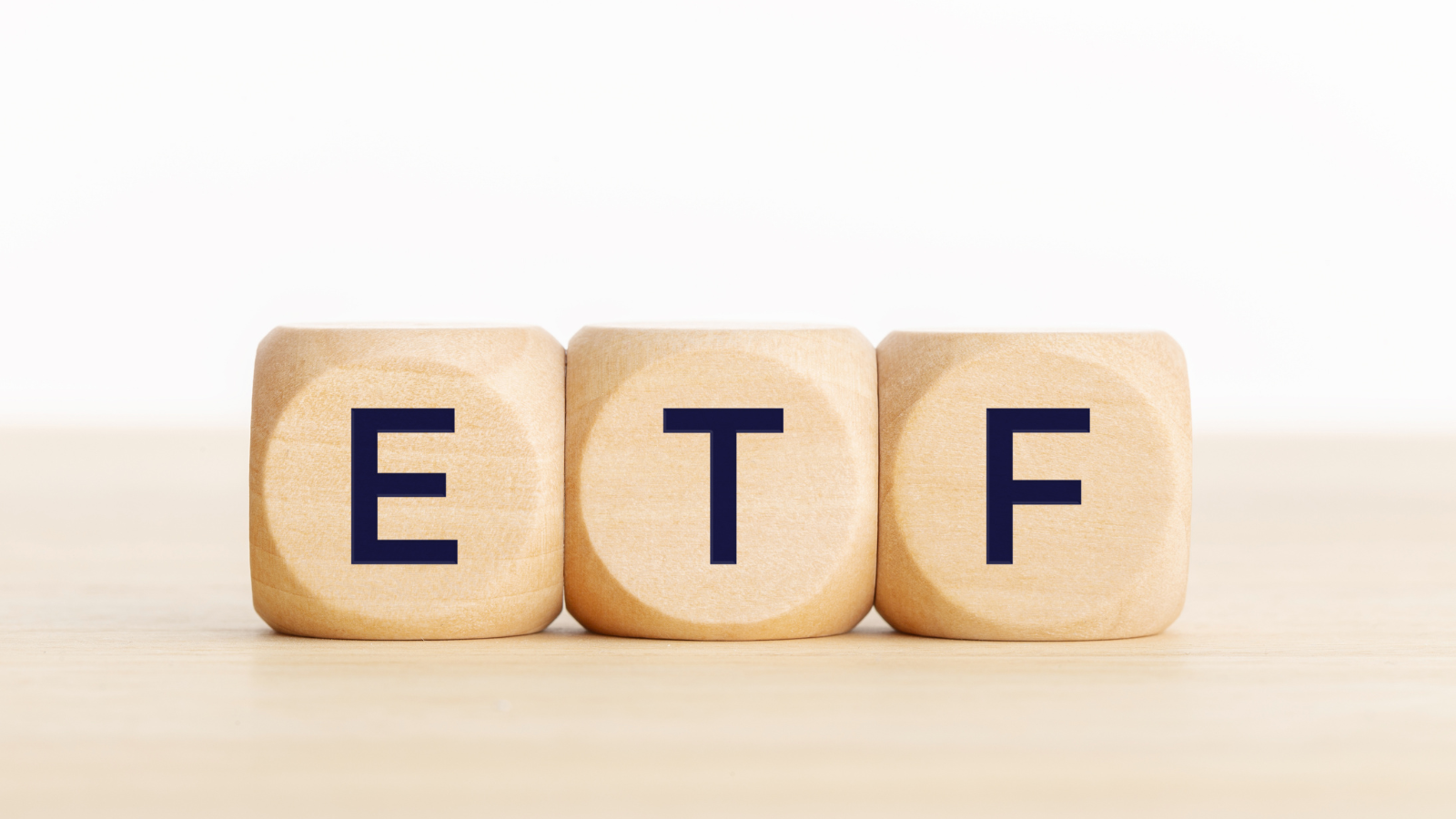Investing in Crypto: The Bottom and the Looming Bull Run
Cryptocurrency has never been a space for the faint of heart, with its extreme volatility and the associated risks and rewards. But, it's essential...
3 min read
![]() Juliette Twain
:
Mar 23, 2023 1:15:05 PM
Juliette Twain
:
Mar 23, 2023 1:15:05 PM

Florida Governor Ron DeSantis has proposed a bill to ban the use of digital currencies issued by the US central bank, a move that comes as the Federal Reserve considers the creation of a central bank digital currency (CBDC) under the direction of President Joe Biden. DeSantis believes that a digital currency from the Fed would promote surveillance and stifle innovation, diminishing the role of community banks and credit unions in the financial system.
While supporters of CBDCs argue that they would enable faster, more efficient transactions and greater accessibility for the unbanked population, DeSantis and other critics, including Senate Republicans led by Ted Cruz, are concerned about potential negative consequences. Cruz has introduced a bill to prevent the Federal Reserve and the Biden administration from creating a CBDC for consumers, arguing that the government has no authority to unilaterally establish a central bank currency and that a CBDC could be more vulnerable to cyber attacks and used for surveillance purposes.
The bill is cosponsored by Senators Mike Braun and Chuck Grassley, who, along with other supporters of the bill, argue that the government should not have more control over individuals' money and financial information. As the Federal Reserve continues to research the feasibility of a CBDC under an executive order from President Joe Biden, DeSantis has called on other states to adopt similar prohibitions to fight against the concept nationwide.
In late 2022, the New York Fed and several financial companies conducted a 12-week digital dollar pilot program to test the feasibility of using digital currencies to speed up transaction settlement times. However, Fed Chairman Jerome Powell has stated that the central bank's digital currency research remains in the early stages and that Congress would need to authorize retail CBDCs.
With the Fed set to launch its FedNow Service in July, which some view as a potential precursor to the launch of a CBDC, the debate surrounding the role of digital currencies in the US financial system continues to intensify. It remains to be seen whether more states will follow Florida's lead in opposing the introduction of CBDCs or if the benefits of such currencies will eventually outweigh the concerns.
As the debate over CBDCs continues, both proponents and opponents have valid points to consider. CBDC supporters emphasize the potential benefits, such as increased financial inclusion for the unbanked population, reduced transaction costs, and faster payment processing times. Digital currencies may also help combat illegal activities like money laundering and tax evasion due to their traceability.
On the other hand, critics like Governor DeSantis and Senator Cruz express concerns about the potential erosion of privacy and increased government surveillance that could come with a CBDC. They argue that individuals should have control over their financial information, and a centralized digital currency might provide the government with too much power. Furthermore, opponents contend that CBDCs could undermine the role of community banks and credit unions, ultimately leading to a less competitive financial ecosystem.
As the Federal Reserve explores the possibility of a CBDC, it must carefully weigh the pros and cons. Experts suggest that a well-designed CBDC could address privacy concerns and maintain a balance between traceability and user confidentiality. Additionally, measures could be implemented to support community banks and credit unions in transitioning to a digital financial landscape.
The international community is also paying close attention to the CBDC debate in the United States. Several countries, including China, Sweden, and the Bahamas, have already launched their own CBDCs or are in advanced stages of development. As the world moves toward an increasingly digital financial system, the US may face pressure to keep pace with these global developments.
In conclusion, the proposal of a CBDC in the United States has sparked a heated debate, with both supporters and critics presenting compelling arguments. As the Federal Reserve proceeds with its research and pilot programs, the nation must engage in a thoughtful and balanced discussion about the future of its financial system. Whether the US ultimately adopts a CBDC or not, the conversation surrounding digital currencies will continue to shape the evolution of the financial landscape both nationally and internationally. As the Fed and policymakers navigate these complex issues, they must prioritize the protection of individual privacy, financial stability, and the vitality of community banks and credit unions. The outcome of this debate will have far-reaching implications, and it is essential that any decisions made are thoroughly considered, striking a balance between embracing innovation and maintaining the integrity of the financial system.

Cryptocurrency has never been a space for the faint of heart, with its extreme volatility and the associated risks and rewards. But, it's essential...

The cryptocurrency world, as well as the traditional financial world, is abuzz with talk of Exchange Traded Funds (ETFs). It appears to be the next...

In July 2022, BlackRock, the world's largest asset management firm, was actively traded on the New York Stock Exchange (NYSE).